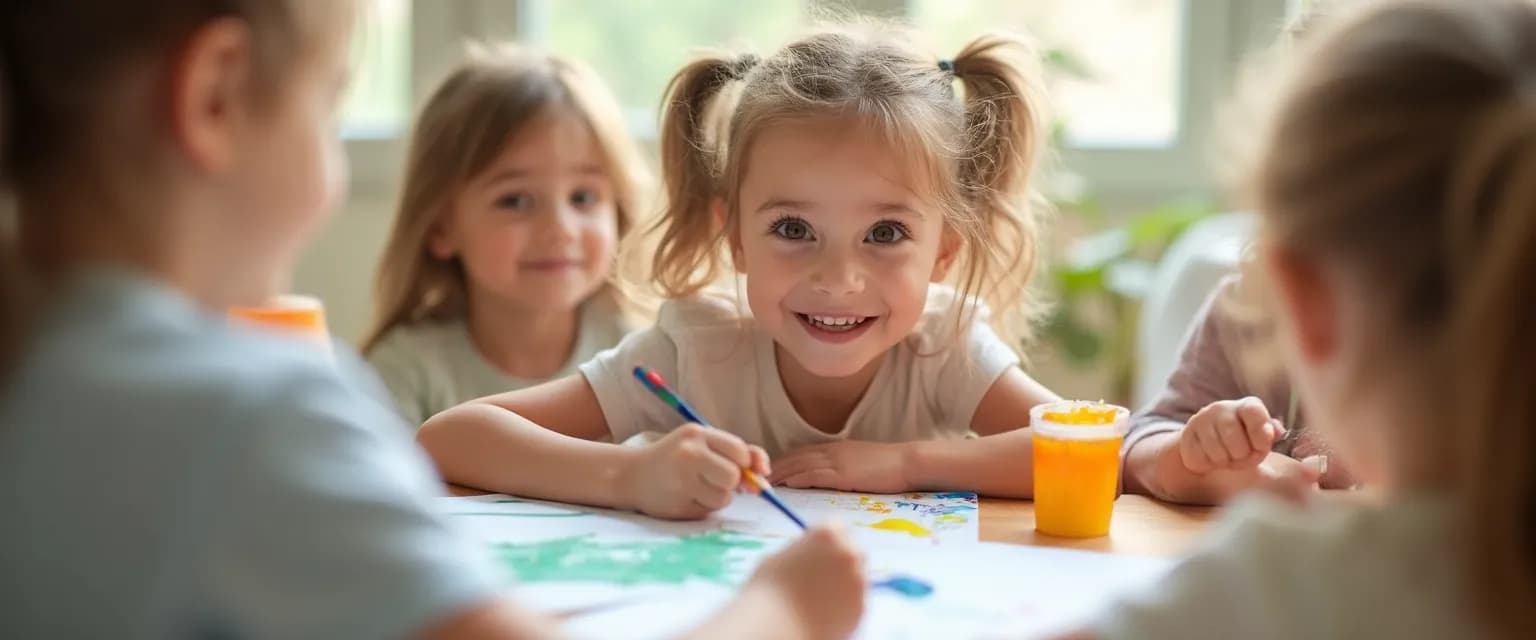7 Playful Ways to Build Self-Awareness Social Emotional Learning in Children
Helping children develop self awareness social emotional learning skills doesn't have to feel like homework. In fact, the most effective approaches happen through play and everyday interactions! As parents and educators, we often worry about formal curricula, but research shows that children absorb these crucial life skills most naturally through playful experiences and genuine conversations.
Self awareness social emotional learning forms the foundation of a child's ability to understand and manage their emotions, build healthy relationships, and make responsible decisions. When children develop strong emotional intelligence skills, they're better equipped to navigate life's challenges with confidence and resilience.
The beauty of integrating self awareness social emotional learning into daily routines is that it becomes part of your family culture rather than another task on your to-do list. These seven playful approaches make emotional learning feel natural, fun, and meaningful for both you and your child.
3 Daily Games That Boost Self Awareness Social Emotional Learning
Incorporating simple games into your routine creates opportunities for self awareness social emotional learning without the pressure of formal lessons. These activities feel like play while building crucial emotional skills.
Emotion Detective
Turn everyday moments into opportunities for emotional discovery! When watching shows together or observing people at the park, play "Emotion Detective" by spotting feelings in characters or strangers. Ask questions like "How do you think they're feeling?" and "What clues tell you that?" This game strengthens your child's ability to recognize emotional cues in themselves and others – a core self awareness social emotional learning skill.
Mirror Play
Standing face-to-face, take turns being the "mirror" who copies the other's facial expressions and movements. Name the emotions as you make them: "This is my surprised face!" or "This is how I look when I'm frustrated." This playful mirroring helps children connect physical sensations with emotional states, building body awareness techniques that support emotional regulation.
Strength Spotlight
Create a daily ritual of highlighting each family member's "superpower of the day." Maybe your child showed patience while waiting their turn or courage trying something new. This game helps children recognize their personal strengths and growth areas, building the self-awareness component of self awareness social emotional learning.
4 Conversation-Based Approaches to Self Awareness Social Emotional Learning
Simple conversations woven into daily life create powerful opportunities for self awareness social emotional learning without feeling like lessons or lectures.
Feelings Forecast
Start the day with a quick emotional check-in: "How's your emotional weather today? Sunny, cloudy, or maybe a bit stormy?" This morning ritual expands emotional vocabulary and normalizes talking about feelings. Over time, children become more adept at identifying and expressing their emotional states – a cornerstone of effective self awareness social emotional learning.
What If Scenarios
During car rides or dinner time, pose hypothetical situations: "What if someone took your toy without asking?" or "What if you saw a friend looking sad at school?" These playful thought experiments help children explore emotional responses safely before encountering challenging situations in real life.
Rewind and Replay
When your child experiences a difficult interaction, use this technique to process what happened. "Let's rewind to what happened at the playground. What were you feeling when Max wouldn't share? What could we try differently next time?" This reflection practice builds critical self-awareness skills.
Emotion Stories
Create simple stories together about characters experiencing different emotions. "Once there was a bunny who felt nervous about the first day of school..." These collaborative tales help children understand the cause-and-effect relationships between situations and feelings.
Integrating Self Awareness Social Emotional Learning Into Your Family Culture
The most powerful self awareness social emotional learning happens when it's woven into the fabric of everyday life. Children learn by watching you navigate your own emotions, so modeling becomes your most effective teaching tool.
When you name your own feelings – "I'm feeling frustrated right now and need a moment to calm down" – you demonstrate healthy emotional awareness. Creating an environment where all feelings are accepted (even as certain behaviors may not be) builds the safety children need for emotional exploration.
Remember that consistency matters more than perfection. Incorporating these playful self awareness social emotional learning approaches regularly, even for just a few minutes daily, yields better results than occasional formal lessons. By making emotional intelligence part of your family's everyday conversations and play, you're giving your child essential skills that will serve them throughout life.




